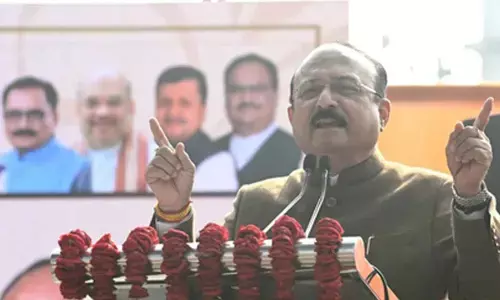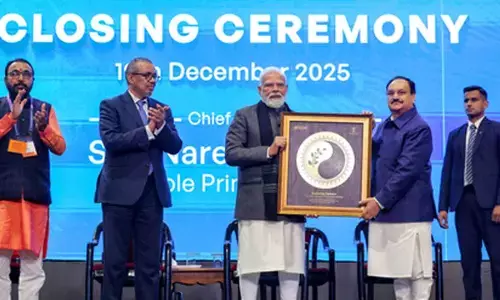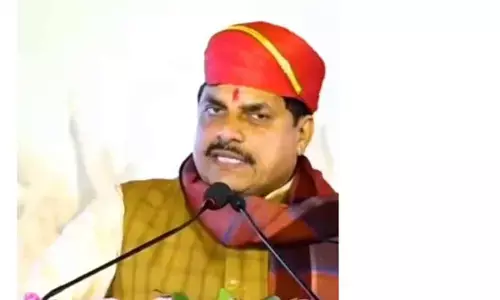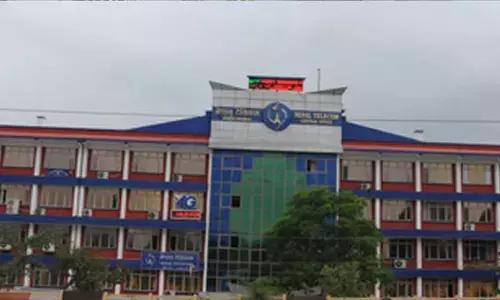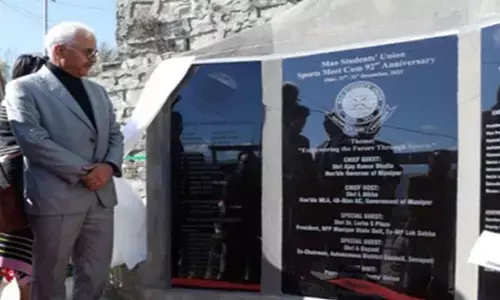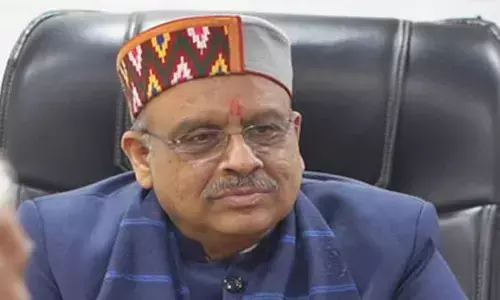Community transmission of Coronavirus on in country
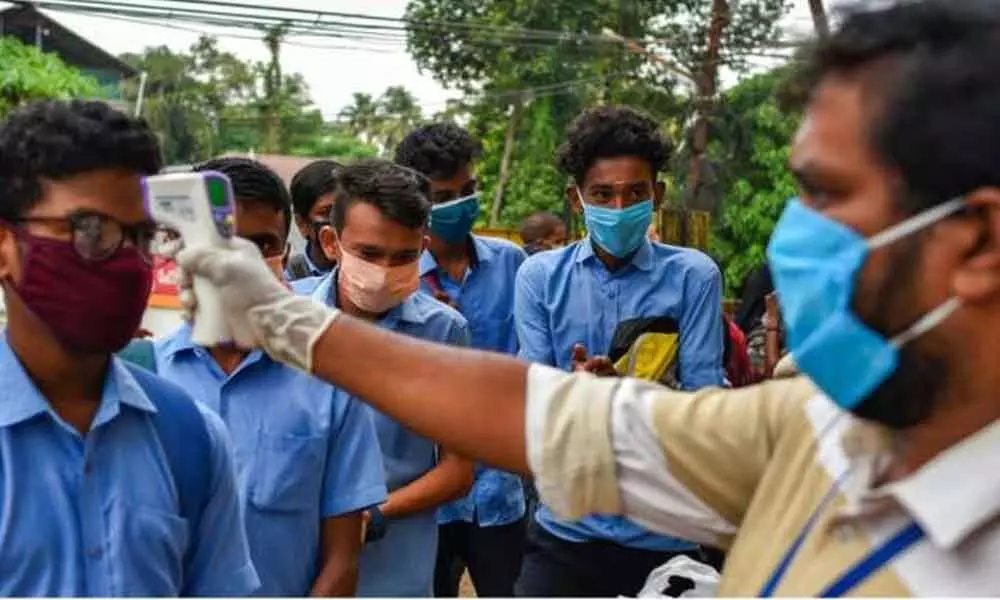 Community transmission on in country
Community transmission on in countryExperts slam Govt for denial; say ICMR survey not reflective of current reality
New Delhi: Amid a massive spurt in coronavirus cases in India, experts on Saturday came down hard on the ICMR for its sero-survey findings to assert that there was no community transmission of COVID-19, saying it was not reflective of the current situation and the government was showing "obstinacy" in accepting the truth. Emphasising that community transmission was on in many parts of the country, the experts asked the government to admit it so that people don't get complacent.
The assertion by experts from the field of virology, public health and medicine came after Indian Council of Medical Research (ICMR) Director General Balram Bhargava at a media briefing on Thursday said that India is definitely not in the community transmission stage of COVID-19 spread while releasing the findings of the survey.
India's first sero-survey to monitor the trend of coronavirus infection transmission found that 0.73 per cent of the 26,400 people surveyed from about 65 districts were exposed to coronavirus. AIIMS former director Dr M C Mishra said there is no doubt that there has been community transmission in several parts of the country.
"With the mass exodus and the country unlocking, it has become more rapid and the disease has reached areas where there were no cases. It is high time the government comes to fore and acknowledges it so that people become more alert and do not become complacent," Mishra said. Talking about the ICMR sero-survey, he said the sample size of around 26,400 people is quite inadequate to capture the scale of the spread of the infection, especially keeping in mind the large population and the diversity of the country.
Leading virologist Shahid Jameel said India reached the community transmission stage a long time ago. "It's just that the health authorities are not admitting it. Even ICMR's own study of SARI (severe acute respiratory illness) showed that about 40 per cent of those who tested positive for SARS-CoV-2 did not have any history of overseas travel or contact to a known case. If this is not community transmission, what is," said Jameel. CEO of Wellcome Trust/Department of Biotechnology's India Alliance and best known for his extensive research in Hepatitis E virus and HIV, Jameel said an important point to consider is the sensitivity and specificity of the test that ICMR has not revealed, and even a one percent change would make a big difference in the results in areas of low prevalence.
Noted lung surgeon Dr Arvind Kumar said that even if the ICMR argument is accepted, it cannot be denied that community transmission is happening in places like Delhi, Ahmedabad and Mumbai.
"India is a vast country and every state is experiencing the virus differently and peaking at different times," said Kumar, who works at the Sir Ganga Ram Hospital here.
"The antibodies take two weeks to develop so the survey is reflective of April. In April, we were in the best possible state. Based on a study representing the April situation, saying that we are not in community transmission is a wrong statement," he said.
Chairman of one of the empowered groups set up to deal with the pandemic and NITI Aayog member Dr V K Paul had said the results of the survey indicate the situation of the country around April 30 as the study was conducted mostly around third week of May and antibodies against an infection take around 15 days to develop.
While the sero-survey to estimate the fraction of population infected with SARS-CoV-2 in the general population has been completed, the survey in containment zones of hotspot cities is ongoing.
Dr Ravi Shekhar Jha, Head of the Department, Pulmonology, Fortis Escorts Faridabad, said he strongly feels that community transmission has occurred.
"The government has stopped contact tracing. Earlier the government was doing rigorous contact tracing, but in the last 7-10 days no government, in Delhi or anywhere, is doing it. They know community transmission is happening, but are not accepting it," Jha told PTI.
Dr Vikas Bajpai, assistant professor, Centre for Social Medicine and Community health at the Jawaharlal Nehru University, said if the government has decided that "obstinacy and blindness to truth" is going to be a matter of policy for it in fighting against this COVID-19 pandemic then it is pointless to try and make them see reason.
Dr Manoj Goel, Director and Head, Pulmonology, Critical Care and Sleep Medicine, Fortis Memorial Research Institute, Gurugram, said it would not be right to believe that there is community transmission at the national-level, but it is definitely happening in certain cities like Delhi, Mumbai and Ahmedabad.








